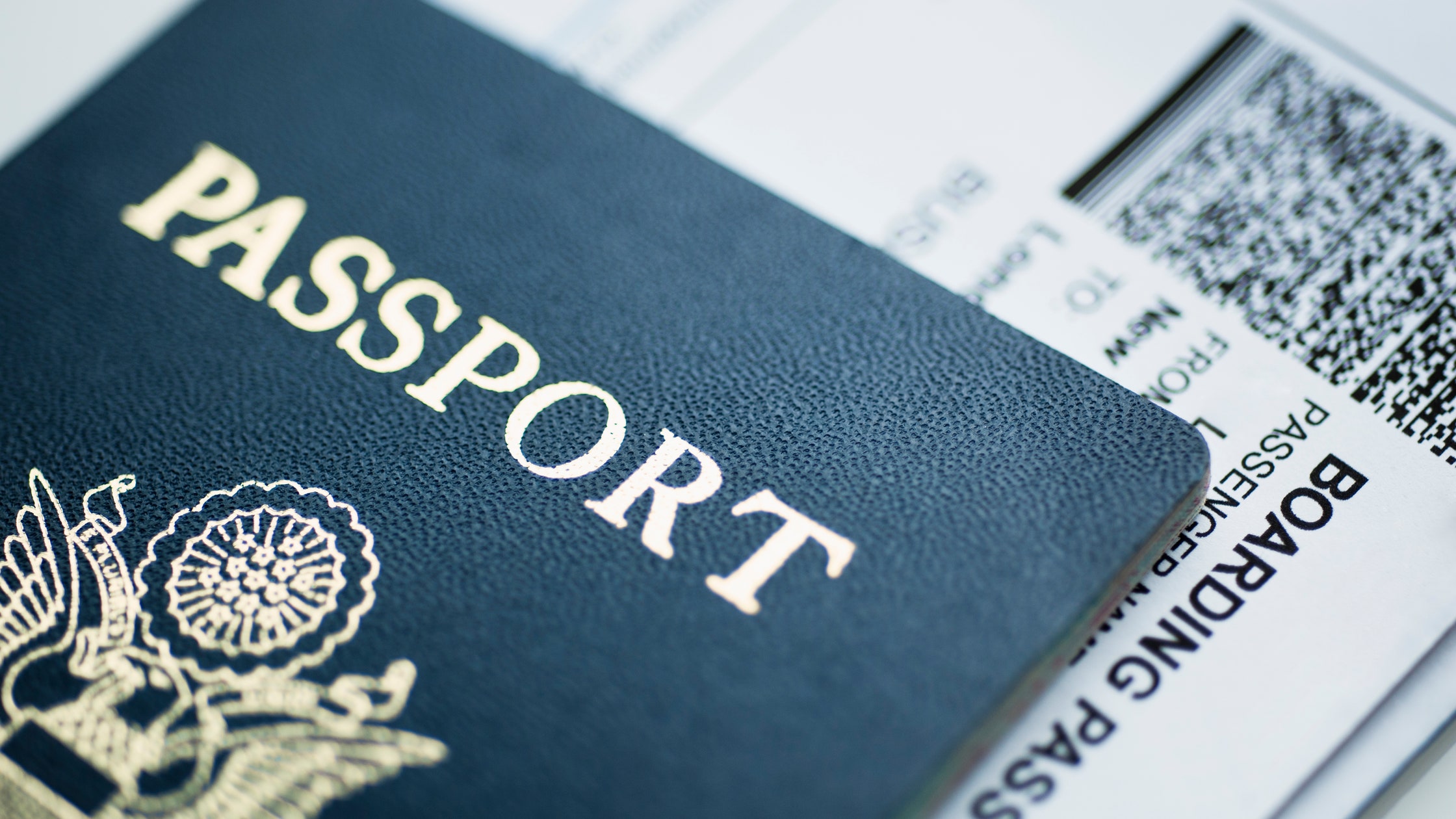Travel Without a Passport: Guidelines and Tips
Travelling without a passport isn’t generally the norm; however, it is possible to visit certain destinations without one. This guide provides essential information on travelling without a passport, especially for UK residents.
Understanding the Common Travel Area
Anyone in the UK can enter another country within the Common Travel Area, which comprises:
- England
- Wales
- Scotland
- Northern Ireland
- Crown Dependencies: Jersey, Guernsey, and the Isle of Man
- Ireland
Travellers can access these areas without needing a passport, making it easier to explore nearby destinations.
Identifying Accepted Forms of ID
While there are no passport checks when crossing land borders between England, Wales, Scotland, and Northern Ireland to Ireland, security checks occur at airports and ports. Therefore, if you’re planning to leave your passport at home, another form of ID is required. Accepted travel documents generally include:
- Photographic driving license
- International student card
- Government-issued photographic ID cards
- Health insurance/social security photographic ID cards
- Photographic bus/train pass
- Workplace photographic ID
- Birth certificates for individuals under 18 without photo ID
Note that digital copies of your ID are not accepted. Moreover, it is advisable to check the transport company’s rules, as they may provide a list of acceptable forms of ID which can vary.
Can I Travel to the EU Without a Passport?
Unfortunately, no. Since the UK left the EU on 31 January 2021, individuals travelling from England, Scotland, Wales, or Northern Ireland to any EU country or territories such as Andorra, Iceland, Liechtenstein, Monaco, Norway, San Marino, Switzerland, and Vatican City must possess a valid passport.
It is crucial to be aware of the stricter post-Brexit travel rules. All travellers from the UK must ensure that their passport is less than 10 years old at the time of entering an EU country. Additionally, the passport must be valid for at least three months beyond the intended departure date. For instance, if you are returning to the UK on 1 August 2022, your passport should not expire before 1 November 2022.
To summarize, it is always wise to travel with your passport and to ensure that it has sufficient validity for your trip.




